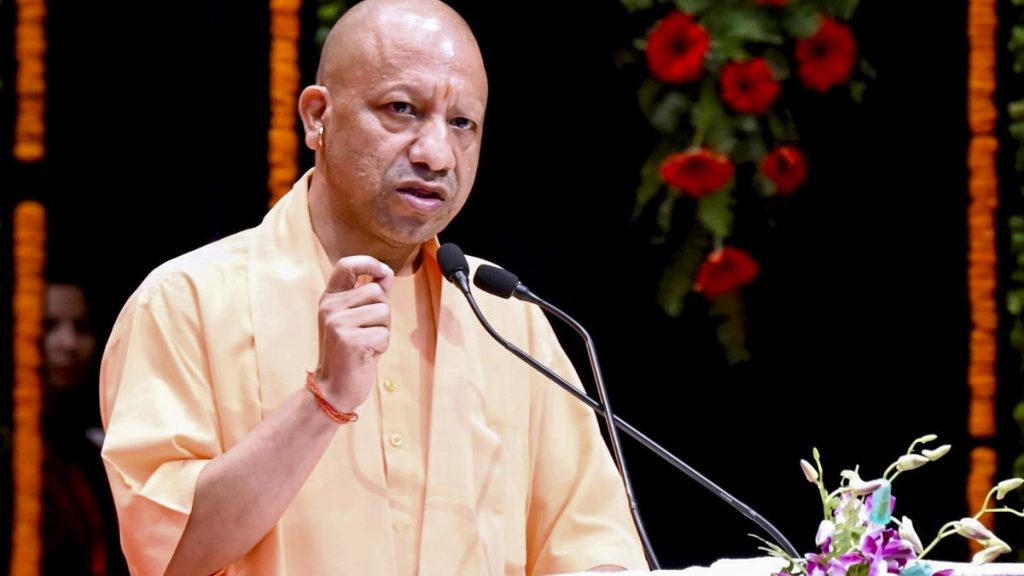Now Reading: Study Warns of Heart Risks from Cannabis Use in Any Form
-
01
Study Warns of Heart Risks from Cannabis Use in Any Form
Study Warns of Heart Risks from Cannabis Use in Any Form

Quick Summary
- New research suggests that consuming cannabis, whether smoked or ingested as THC edibles, may harm cardiovascular health over time.
- The study led by UCSF researchers found that habitual cannabis users exhibit reduced blood vessel function, similar to the effects seen in tobacco smokers.
- Participants included three groups: cannabis smokers, THC edible users, and nonusers. Cannabis users showed lower blood vessel dilation compared to nonusers-6.0% for smokers and 4.6% for edible consumers versus 10.4% for nonusers.
- Blood samples from smokers impaired vascular endothelial nitric oxide production; however, this effect was not seen in edibles or nonuser samples.
- Researchers noted limitations such as a small sample size but emphasized the mounting evidence of a connection between cannabis use and increased cardiovascular risk factors like heart attacks or strokes.
- While laws are increasingly liberalizing access to marijuana worldwide, research on its health implications remains constrained due to regulatory barriers.
Indian Opinion Analysis
The findings challenge misconceptions about the safety of cannabis consumption and underscore the need for better public health awareness regarding its potential effects on cardiovascular systems. For India-where marijuana holds conventional meaning yet is regulated under strict legal frameworks-the study might have implications for ongoing discussions around decriminalization and therapeutic uses of cannabis. With India’s rising burden of lifestyle-related diseases like heart disease and diabetes, these findings add cautionary nuance that policymakers should consider before implementing widespread reforms related to recreational or medicinal usage.
























